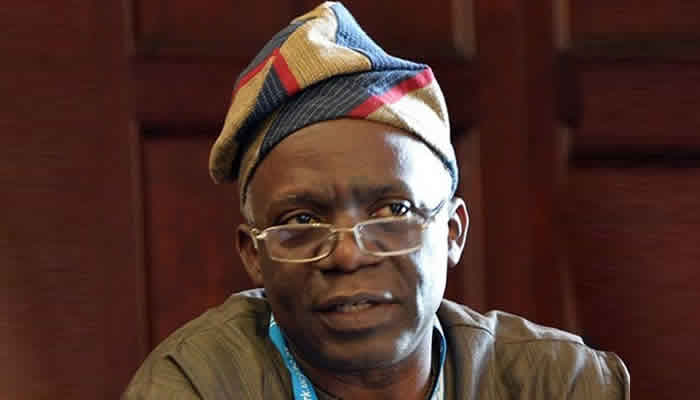A Senior Advocate of Nigeria, Femi Falana, has criticised a proposed bill seeking to make voting compulsory in Nigeria, describing it as a violation of citizens’ constitutional rights.
The bill, sponsored by Speaker of the House of Representatives, Tajudeen Abbas, proposes a six-month jail term or a fine of N100,000 for eligible voters who fail to participate in elections.
Abbas said the objective is to address low voter turnout, promote civic responsibility, and transform voting from a personal choice into a legal obligation.
However, Falana, in a statement issued on Monday, said the proposal runs contrary to several provisions of the 1999 Constitution.
“I doubt that the speaker and his colleagues paid sufficient attention to the relevant provisions of the 1999 Constitution.
“Otherwise, they would have realised that compulsory voting is constitutionally invalid in every material particular on the ground that it is inconsistent with sections 37, 38, 77(2), 135(5), and 178(5) of the constitution,” he said.
According to the human rights lawyer, these constitutional provisions safeguard the rights of Nigerians to privacy, freedom of thought and conscience, as well as the right to register and vote voluntarily in national and state elections.
Falana supported his argument by citing judicial precedents. He referenced the Supreme Court’s decision in Medical and Dental Practitioners Disciplinary Tribunal v Okonkwo (2001) 7 NWLR (Pt 711) 206, where the court upheld the right of a patient to refuse blood transfusion based on religious beliefs.
“In that case, a patient, Mrs Martha Okorie, and her husband belonged to a religious sect known as Jehovah’s Witnesses, who believe that blood transfusion is contrary to God’s injunction.
“On account of the rejection of blood transfusion, the patient lost her life. Dr Okonkwo, who treated the patient, was convicted… but the Supreme Court set aside the conviction on the ground that the doctor was right in respecting the fundamental right of the deceased to refuse blood transfusion on the basis of her religious belief,” he recalled.
Falana quoted the late Justice Emmanuel Ayoola, who delivered the judgment, stating, “The right to privacy implies a right to protect one’s thought, conscience or religious belief and practice from coercive and unjustified intrusion… and a right not to be coerced into acting contrary to one’s religious belief.”
He also cited the Supreme Court’s ruling affirming the rights of Muslim students to wear the hijab in schools, further underscoring the judiciary’s stance on protecting individual freedoms.
The legal expert urged the House of Representatives to withdraw the bill, warning of its impracticality and potential legal invalidity.
“Apart from the possibility that compulsory voting may be declared illegal under the current political dispensation, it is practically impossible to prosecute millions of Nigerian voters who may decide to boycott national and local elections,” he said.
Falana concluded by advising lawmakers to redirect their efforts towards meaningful reforms.
He recommended amending the Electoral Act to include key proposals from the Uwais Electoral Reform Panel, such as the unbundling of the Independent National Electoral Commission, adoption of proportional representation, resolution of election petitions before inauguration, and establishment of an electoral offences commission.
